FactCheck.org has been awarded a Sigma Delta Chi award for excellence in professional journalism for a 2019 story on President Trump's claims about the steel industry.
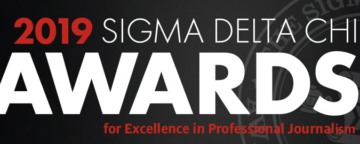

FactCheck.org has been awarded a Sigma Delta Chi award for excellence in professional journalism for a 2019 story on President Trump's claims about the steel industry.
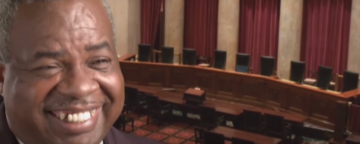
In honor of Juneteenth, Annenberg Classroom is highlighting educational resources, including a video on the Supreme Court case of Thaddeus Edmonson.
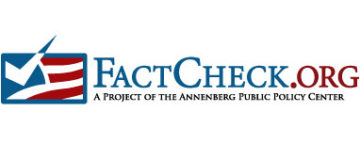
YouTube will highlight fact-checks from FactCheck.org and other sources in an expanded U.S. effort to correct misinformation on Covid-19 and other topics.
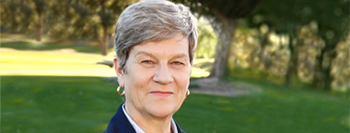
APPC Director Kathleen Hall Jamieson and immunologist Carl June of the Perelman School of Medicine were elected Monday as members of the National Academy of Sciences.

Three Annenberg Public Policy Center civics projects, a film and two websites, have received honors including Hermes, Clarion, and Silver Telly Awards.
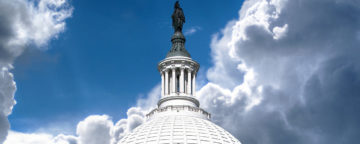
The Annenberg Public Policy Center and Penn Law’s Center for Ethics and the Rule of Law have formed an alliance to promote and strengthen the rule of law in democratic institutions, the two Penn policy centers announced.
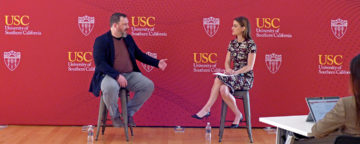
APPC hosted USC Annenberg's Election Cybersecurity Initiative, part of a 50-state touring program on cyber safety for election and campaign officials and press.
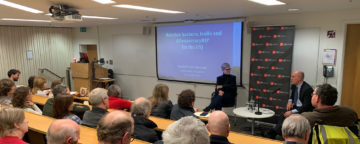
APPC director Kathleen Hall Jamieson spoke at the London School of Economics about the likely effect of Russian trolls and hackers on the 2016 presidential election.
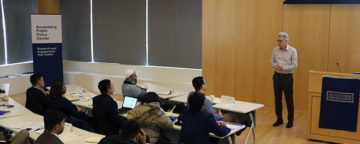
FactCheck.org Director Eugene Kiely met with a dozen international journalists in February through a U.S. State Department tour aimed at debunking misinformation.
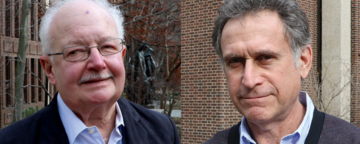
FactCheck.org has brought on two experienced journalists to increase its 2020 campaign coverage, especially in swing states, and intensify efforts to debunk online deception.